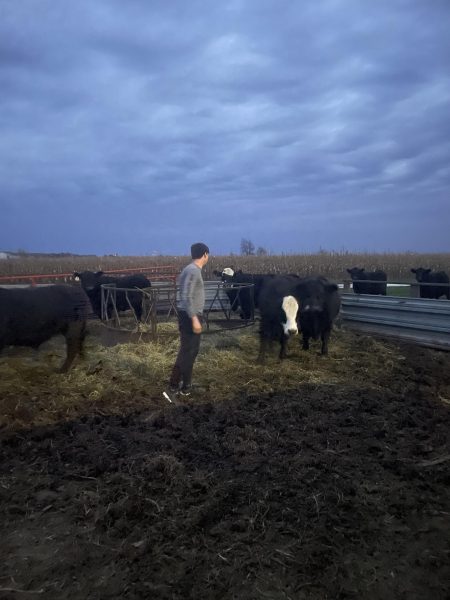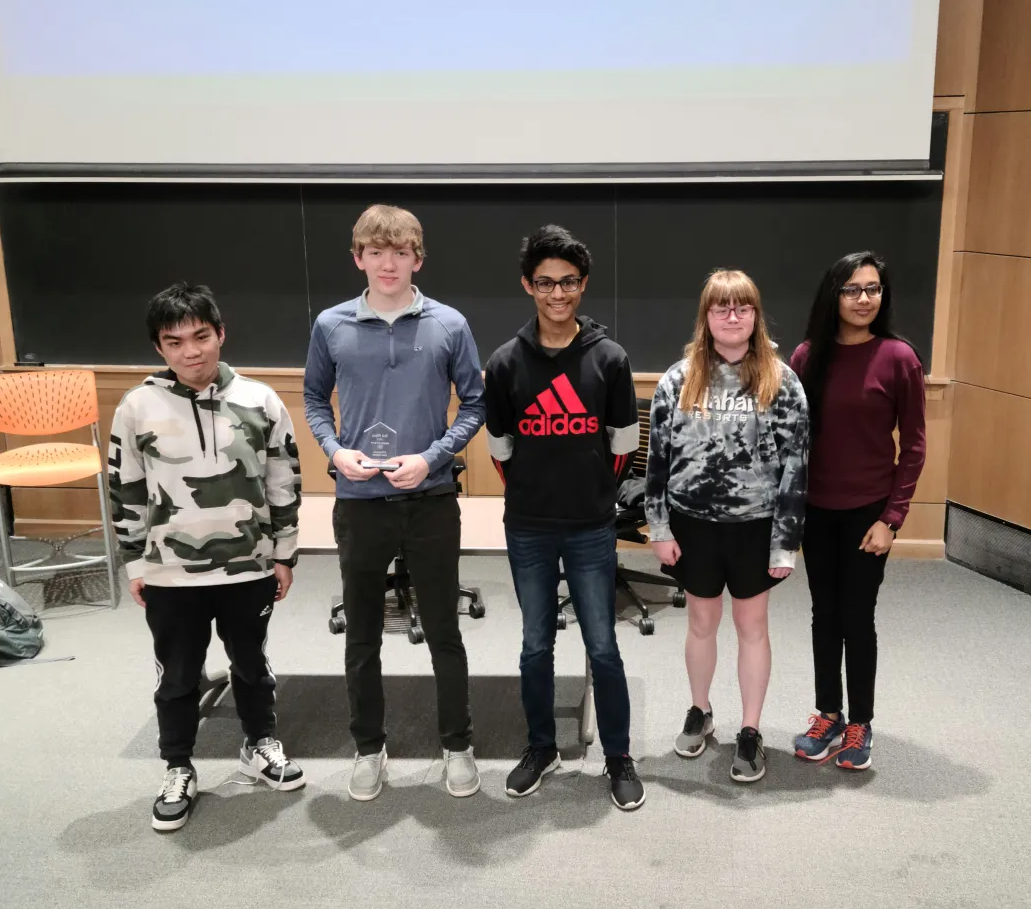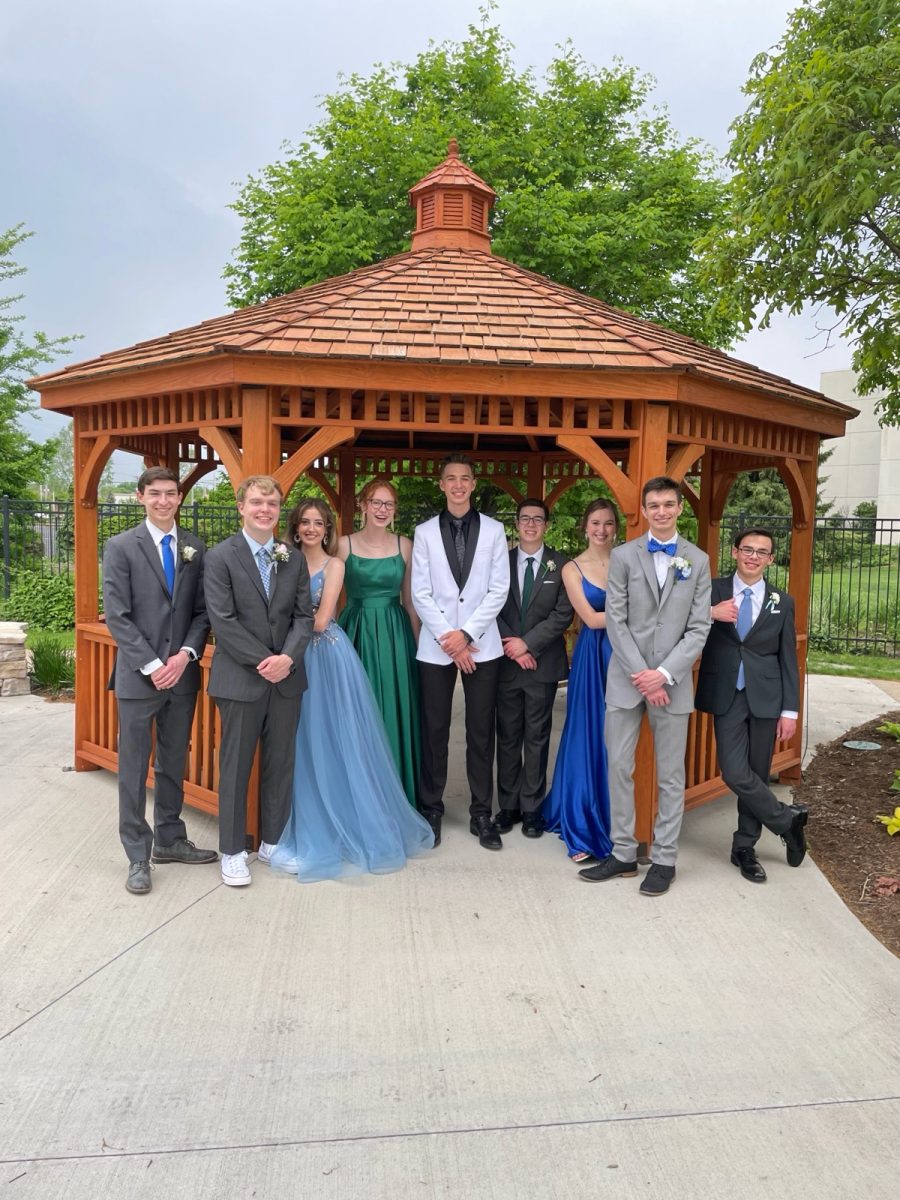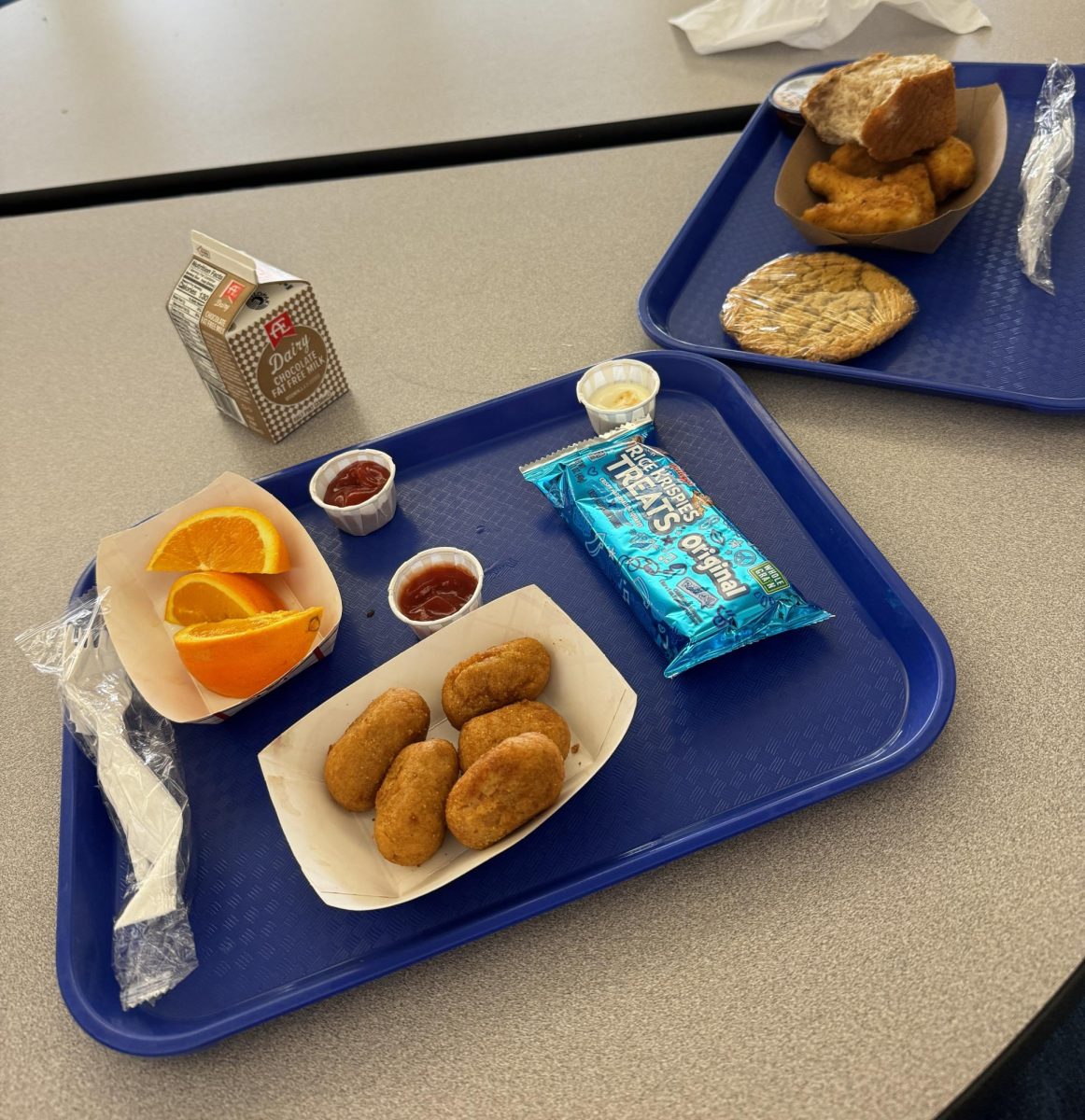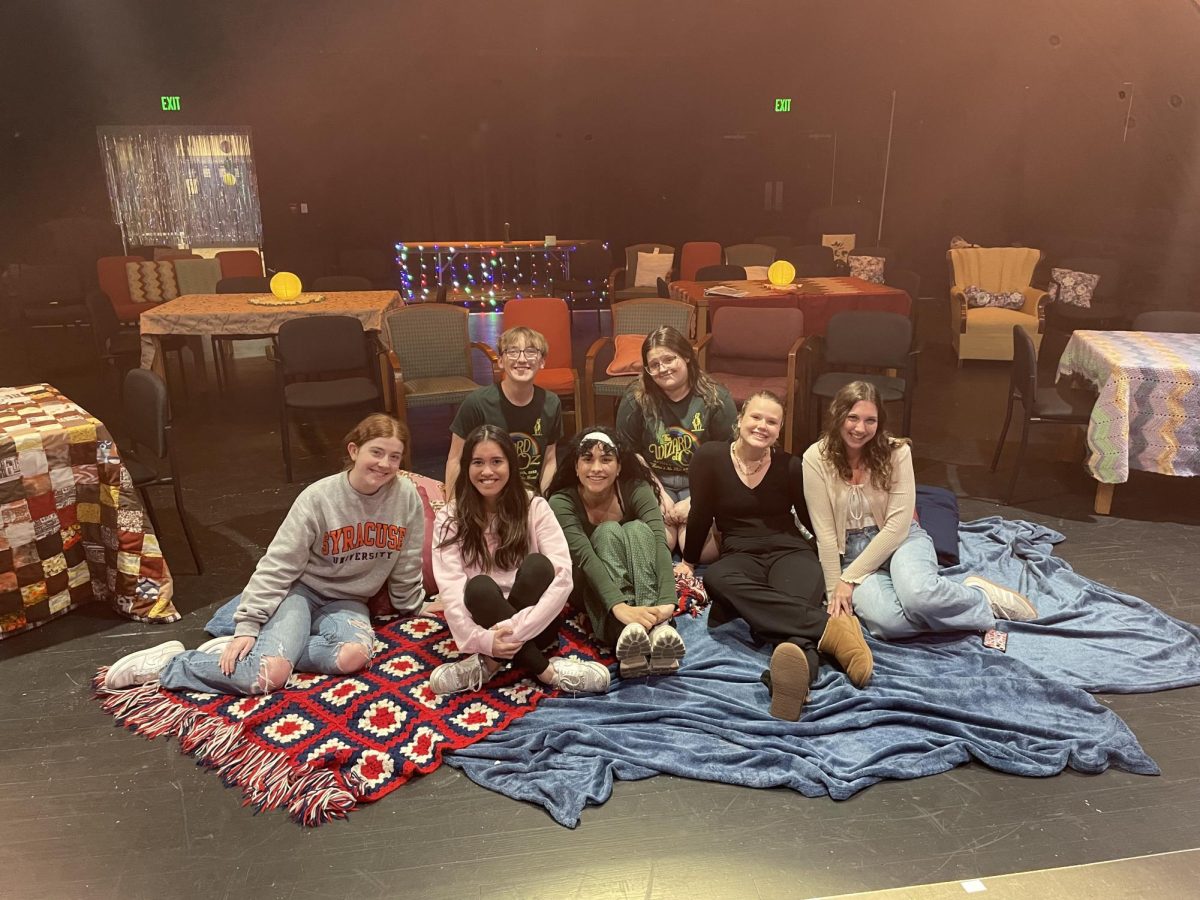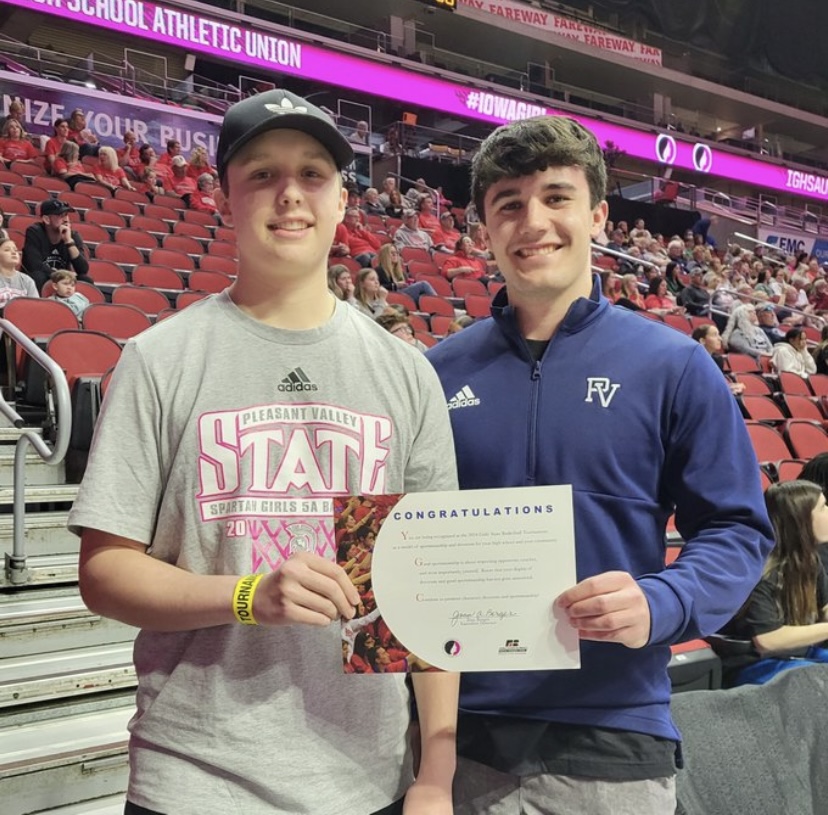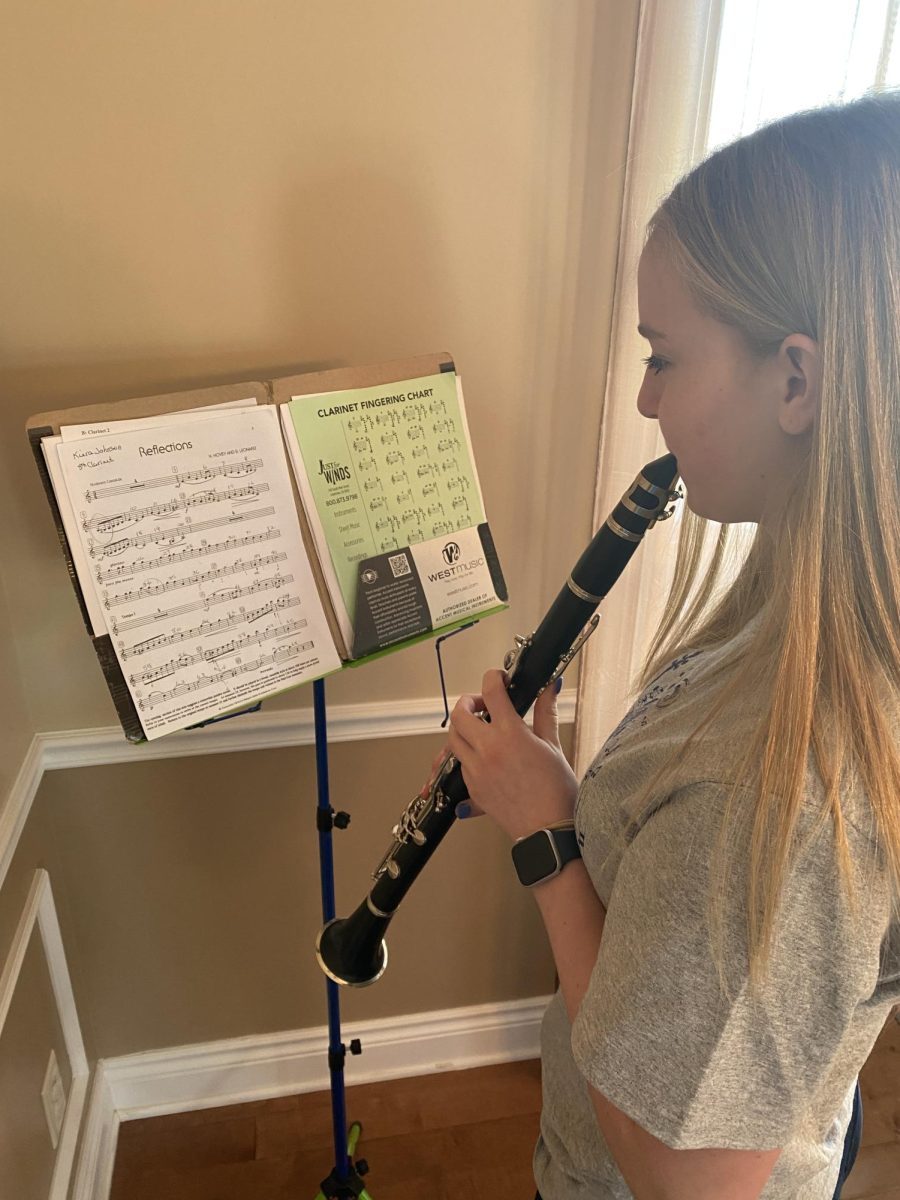Many high school students will work some kind of part-time job before leaving for college and eventually going into the workforce full-time. These jobs can be found at a variety of establishments like retail stores and restaurants, or in self-employed positions like snow shoveling, lawn mowing or babysitting.
Whether they apply to get job experience, meet new people or earn some spending money, these jobs can benefit students in a variety of ways and provide a solid foundation of work ethic for the future.
However, the unseen effects of these high school jobs fall on employers, who must deal with volatile schedules, high turnover and limited availability.
When a high school student applies for a job, they are applying for very limited hours. Most will not work more than 20 hours per week due to labor laws. This is because spending 35 hours per week in school on top of working more than 20 hours can cause adverse effects both mentally and physically including sleep deprivation, lack of focus and falling behind on homework.
Because of this, students like senior Bradyn Fairman, who works at Dick’s Sporting Goods House of Sport in Davenport, have limited availability. Due to this, he sometimes gets scheduled outside of it and is unable to make his shifts. “Right now I can only work one weekday and one day during the weekend,” he said.
With school schedules also come time of day restrictions. Assuming that the average student goes to school from 8:00-3:00, this means that for five days per week, employers cannot schedule high schoolers before 4:00 to give them time to return from school, get ready and arrive on time to their place of work.
As a result, employers often schedule students to work later into the night. For many students like Fairman, weekdays are one of the few times he can work in the week so the sacrifice is necessary. However, being scheduled after school can lead to missing out on other aspects of high school life.
“It’s hard to participate in extracurriculars with work. Because once I get out of school I go to work until 10 or 11,” Fairman expressed. He also plays baseball, which will cut into his work availability even more once the season starts. “During baseball season I won’t be able to work at all,” he stated.
Adapting to these changing schedules can cause problems for employers, who publish schedules as far as three weeks in advance. This is why they see availability as a key factor in bringing on a new employee.
Patrick Zielinski is the Hardlines Manager at Dick’s and is responsible for the scheduling of employees in four different departments. The availability of high school students is a key factor in his hiring decisions.
“The goal while hiring new teammates is to fill areas and time frames that you know to be light. Light meaning that there may be additional teammates needed, or availabilities of current teammates do not allow for the proper coverage needed. When bringing on a new teammate, it is important to get an idea of what their availability is to then make sure it covers what we need to fully staff a schedule,” he explained.
Although employers take availability into consideration, issues can still arise. If students do not properly adjust their availability to keep up with the fast pace of high school life, they may be forced to call off or find shift coverage from other employees. Oftentimes this does not happen, leaving open shifts and employers scrambling.
Zielinski described what he does as a manager in situations like this. “Sometimes events do get forgotten about or maybe something does pop up, we ask that the teammate notifies us as soon as possible so that way we may have adequate enough time to fill that shift. Sometimes that shift will be unable to be filled. This does periodically happen. That is why it is important to have each teammate be accountable for time off that they may need and to have some sort of working relationship with their manager to be able to communicate what is going on,” he stated.
Ultimately, there is a tradeoff between satisfying everyone’s requests and doing what is in the best interest of the company. This line is tough to tow, especially with the high turnover in retail positions. However it is one that must be drawn to ensure the business succeeds.
As a manager, the line is easy to draw for Zielinski. “Ultimately the goal is to fill the requirements of the business. Although I try my best to approve of time off with my teammates; or try to cover shifts that they may have forgotten to ask off, there are times where I do have to deny those requests. If that is the need, I have a conversation with that teammate and try to find a resolution,” he said.
Despite attempts by both employer and employee, the changing and limited availability of high schoolers will always present problems to filling shifts. When managers and employees work together on scheduling and proactively handle situations, these effects can be limited.











